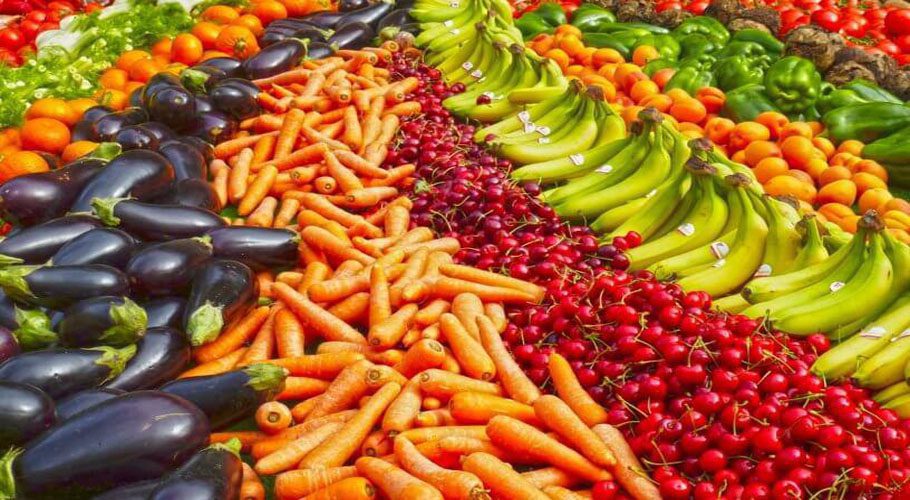LAHORE: The Chairman of Pakistan Hi-tech Hybrid Seed Association (PHHSA), Shahzad Ali Malik, has raised concerns over the impact of climate change on agricultural production in food insecure regions, especially in Asian countries.
Talking to a delegation of progressive farmers led by Momin Ali, he said that various climate-driven extremes such as drought, heat waves, erratic rainfall patterns, storms, floods, and emerging insect pests have adversely affected the livelihoods of farmers.
Malik stressed that Pakistan must develop a viable strategy to address the adverse impacts of climate change on agricultural productivity, associated issues, challenges, and opportunities for sustainable productivity. According to him, future climatic predictions show a significant increase in temperature and erratic rainfall, while variability exists in climatic patterns for climate extremes prediction. For mid-century (2040-2069), it is projected that there will be a rise of 2.8°C in maximum temperature and a 2.2°C in minimum temperature in Pakistan.
To respond to the adverse effects of climate change scenarios, Malik emphasized the need to optimize the climate-smart and resilient agricultural practices and technology for sustainable productivity. Therefore, a case study was conducted to quantify the impact of climate change on rice and wheat crops and to develop adaptation strategies for the rice-wheat cropping system during mid-century (2040-2069). These two crops have significant contributions to food production.
The study utilized a multidisciplinary approach consisting of five climate models that predicted a yield reduction of 15.2% in rice and 14.1% in wheat, while another model showed a yield reduction of 17.2% in rice and 12% in wheat due to climate change. Malik recommended adaptation technology, such as modification in crop management, sowing time and density, nitrogen, and irrigation application, to enhance overall productivity and profitability of the rice-wheat cropping system under climate change scenarios.
Furthermore, Malik highlighted various opportunities such as altering sowing time and planting density of crops, crop rotation with legumes, agroforestry, mixed livestock systems, climate resilient plants, livestock and fish breeds, farming of monogastric livestock, early warning systems, and decision support systems, carbon sequestration, climate, water, energy, and soil smart technologies, and promotion of biodiversity. These opportunities have the potential to reduce the negative effects of climate change on agriculture.
































